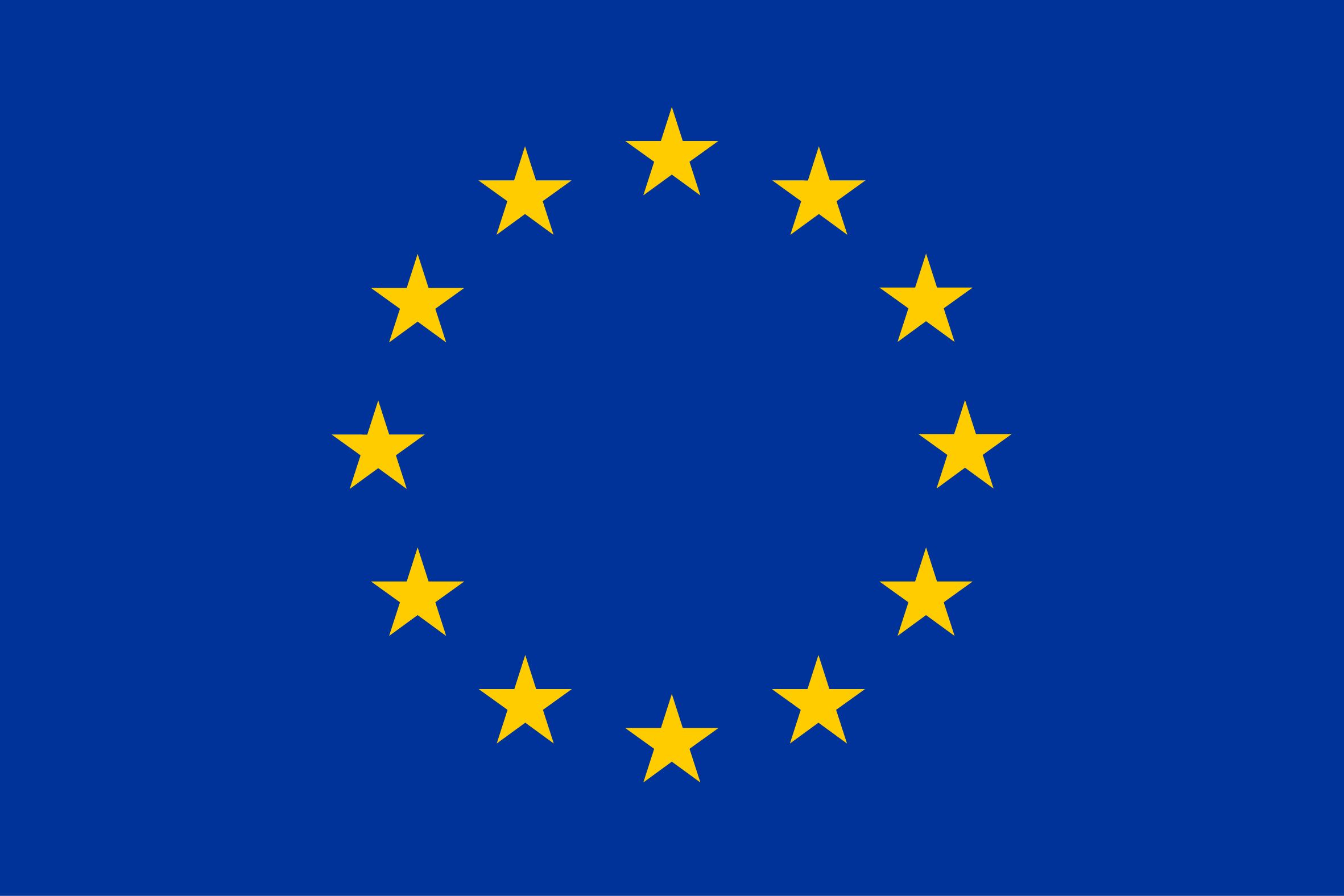How do we defend democracy?

Democracy needs human rights. It may seem obvious to most of them, yet more and more voices are heard in Europe that understand nothing more about democracy than about winning elections and then doing what voters supposedly want. For these people, democracy is obviously a kind of "dictatorship of the majority".
Certainly the actions of a government should reflect the preferences of the majority, which are regularly determined in free and fair elections. However, it must be within the limits imposed by human rights protection and the rule of law. Certain things should be banned from the government even if a majority of the electorate supports it, such as the introduction of the death penalty, detention for political reasons, restriction of freedom of speech and assembly, or discrimination based on gender, ethnicity, religion or sexual orientation ,
Acknowledging this deeper understanding of democracy makes it clear that we live for democracy in difficult times - both in Europe and in the USA. How effectively we can protect human rights ultimately depends on their public acceptance. Today, more people question fundamental human rights principles than they did decades ago.
The reasons for this growing intolerance are not difficult to determine: we live in a time of economic uncertainty, in which many people feel left behind. We also live in a time of physical insecurity where people are arbitrarily killed when they attend a concert, watch fireworks or just check in for their flight, as in the Paris, Nice and Brussels attacks. And we live in a time of cultural insecurity, when the arrival of many refugees fuels the fear of losing their national or European identity.
At such times, we tend to retreat, seek refuge among those closest to us, and close the door to everyone else. This instinct forms the basis for the discourse of hatred and intolerance, which is gaining more and more influence. Unfortunately, many politicians are trying to capitalize on these fears.
One would think that moderate politicians would raise alarm in the face of the enormous risks that publicly discredit demagogues and emphasize the importance of rights and liberal values for our democracy. But only a few are up to this challenge. Many politicians try to serve them out. Apparently, they hope the hatred will go away by itself. Others want to pull the teeth off the demagogues by emulating them and adopting xenophobic positions or vocabulary. Behind this is the naive hope that one can woo the extremists their supporters by legitimizing their views. Nevertheless, there are also exceptions: Angela Merkel, Justin Trudeau and Alexis Tsipras have made a positive statement about refugees.
Of course, not everything is right in our democracies. We should use the wave of populism as an opportunity to address the real issues: the inadequate integration of many immigrants, the undue influence of money on politics, the injustices in our tax systems, the trends in world trade, corporate interests over labor rights and environmental protection, and paralysis and division in many areas of the European Union. To effectively confront the populists, one must find answers to the real questions they raise, while at the same time restrain their affront to our values. We should be encouraged by the humanity that so many Europeans have shown towards refugees.
The threat to democratic principles and institutions will not go by itself. We must all publicly and vociferously advocate a robust democracy by defending the rights and values that make our society strong.